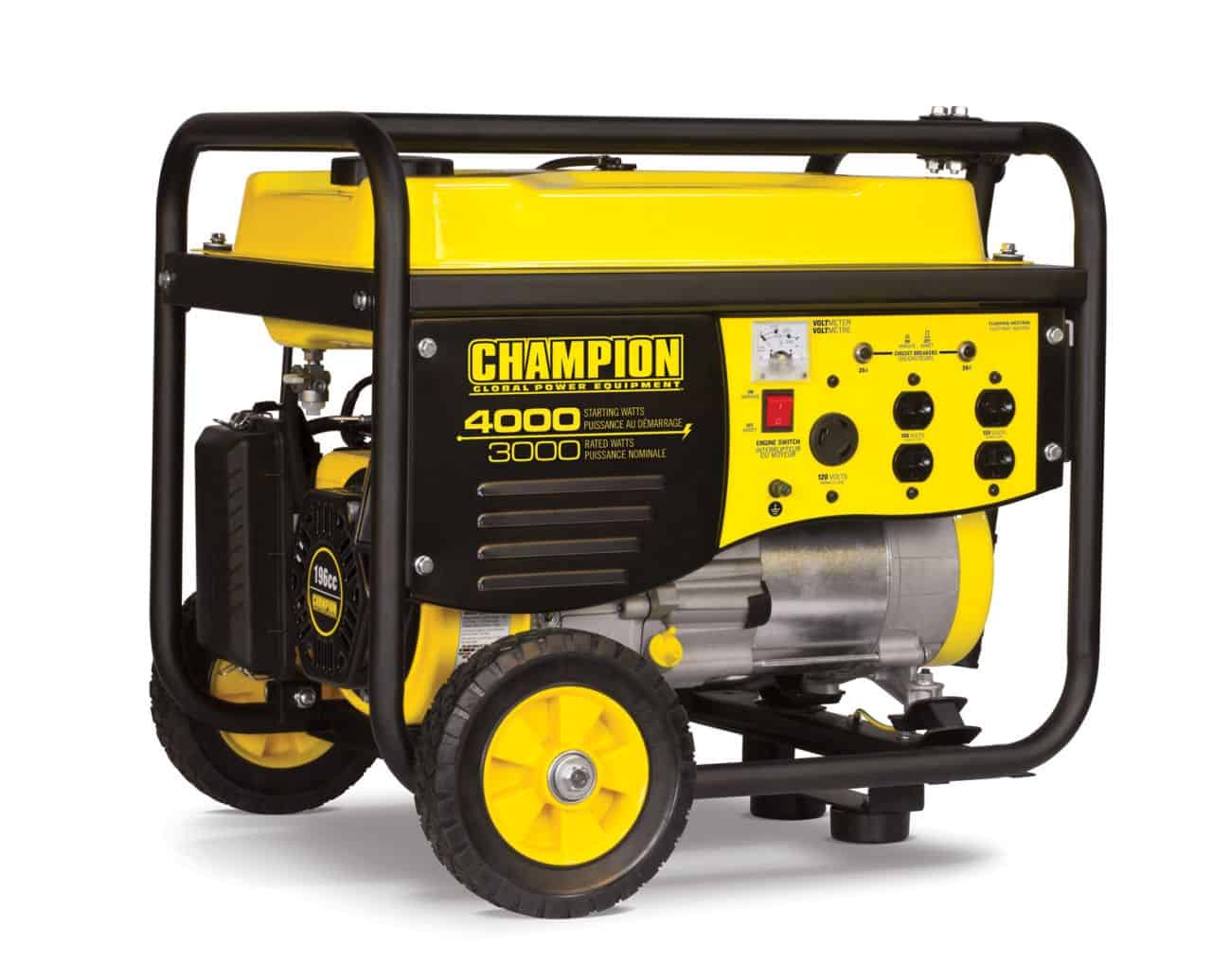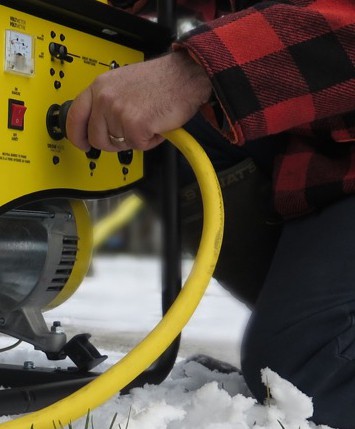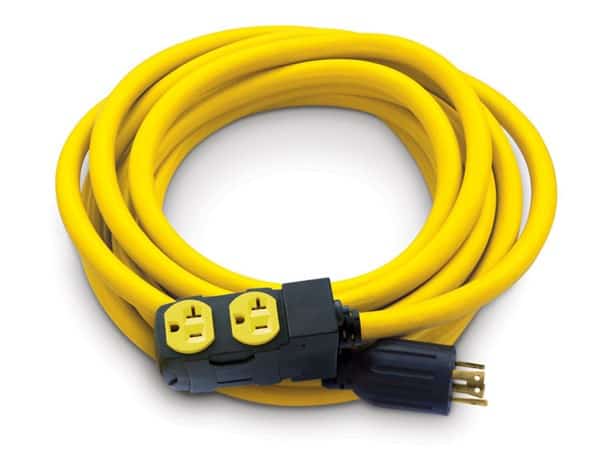Why Own a Generator?
We’ve all experienced power outages. When you lose utility power, it’s not only the lights that go out. Critical hardwired systems like heating and air conditioning units stop working, food begins to spoil, security systems often fail, and sump pumps cease functioning. So there are inconvenience, cost, and even safety considerations. If you have what you need during an outage, you can avoid leaving home during what can be the worst of conditions, and continue to enjoy life, safely and comfortably.
Think of it this way – a generator is fast, portable power. You can set it up in the yard and provide power to your house within minutes. This can be a game changer. Powering your sump pump can be the difference between your basement flooding or staying dry. And keeping your eyes and ears on news and weather updates can protect you during storms by knowing what is happening next.
How to Choose?
There are a wide variety of sizes of generators, so a good place to start is to think about what you want or need to power during an outage. Be realistic about how much energy load you wish to have supported by your generator and buy one that suits your needs.
What has commonly considered the entry point for home backup purposes is something around 3000 to 4000 Watts. Smaller generators are available but best for recreational uses like camping or RVing. If you want to keep some lights going, make coffee, and use the radio, something in the 3500 Watt range will work well. You can also power some appliances, like a microwave, fridge, or freezer, but not all at once. If you overload it with too many devices all at once, it will simply shut down, and you need to unplug a few things and try again.
If you want to run larger appliances like an air conditioner or several devices simultaneously, you will need something with a higher output. Something between 5000 and 9000 Watts is the following size range.
A calculator like this one will help you pick the Wattage that meets your unique needs.
How To Operate a Generator
The first important matter when using a generator is location. Always run a generator outdoors and away from open doors and windows. All engines give off carbon monoxide, and you don’t want that in your house, so be sure to not run a generator in the garage or on the porch.
To get the electricity into your home, one end of a power cord connects to the generator and brings power to appliances inside the house.
You can run multiple extension cords to different appliances from a single supply cord like the one shown here.
When it comes to starting a generator, it is much easier than it used to be. Modern generators can quickly start with a pull cord, at the push of a button, or even with a remote start.
What Fuel to Use?
Most traditional generators run on standard gasoline, but some run on propane, and now you can get generators that run on both fuels. These units include a fuel selector switch to ensure safe operation on either fuel.
Sometimes, when there is a major power outage, it’s hard to get to a gas station, or the gas pumps aren’t working because they need electricity. A dual fuel generator can run from a barbecue propane tank, so it’s much easier to have a reliable fuel source.
For Ultimate Peace of Mind
Consider a standby generator for the ultimate peace of mind and comfort. In size, they start at about 8500 Watts and go up from there.
A home standby generator constantly monitors your home’s electrical supply. If there is an interruption in utility power, it automatically starts and supplies electricity to your home through the panel, just like the power that comes in from the grid. And, because it’s connected to your natural gas line, it never needs refueling. From powering the essentials to running the entire home, a home standby generator provides the power you need to safeguard your home and family.
Standby generators also provide added peace of mind about your home while traveling. You can be confident that if the power goes out, critical systems in the house will continue to operate on power supplied by the generator.



